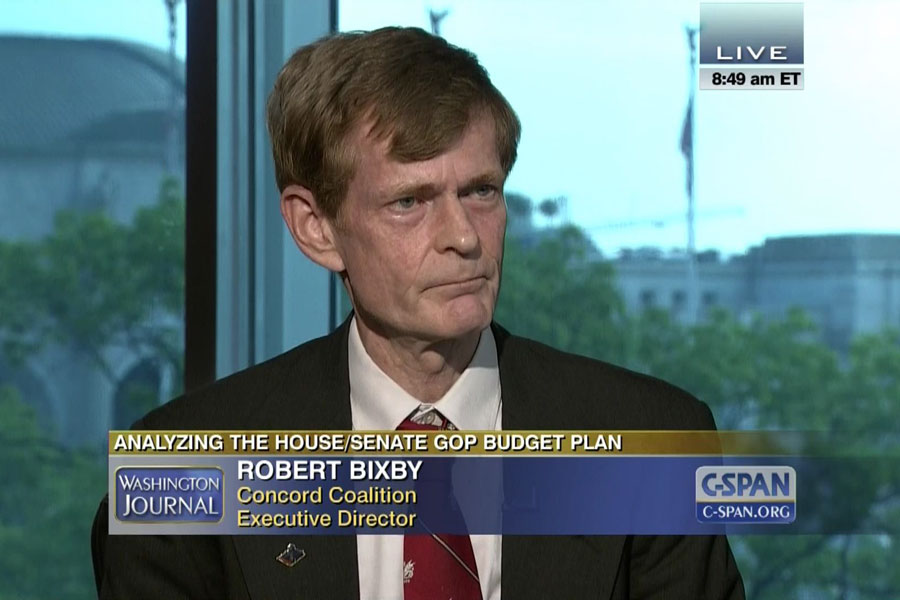Post-Pandemic Economy Must Have Strong Fiscal Foundation

WASHINGTON, D.C. — The Concord Coalition said that today’s baseline projections by the Congressional Budget Office (CBO) are a strong reminder that the budget is on an unsustainable path, not because of the massive short-term deficit spending incurred to support the economy during the COVID-19 pandemic, but because of a pre-existing gap between spending and revenues that will keep growing wider long after the pandemic has passed.
Policymakers need to view these numbers with bifocals; one lens for the current crisis, which is primarily driven by the response to COVID-19, and a separate lens for long-term policy, which is driven by structural issues such as demographic changes, health care costs and potential economic growth.
It is true that the budget will not recover until the economy recovers and the economy will not recover until the virus is brought under control. Deficit concerns should thus be suspended for the emergency, but only for purposes of treating the emergency. “Going big” on unrelated spending would simply add to the debt without hastening the end of the pandemic and could create further risks to the economy in the years ahead.
As the debate turns from the current crisis to the post-pandemic economy, policymakers will need to craft an agenda that is both pro-growth and fiscally responsible. An agenda premised on ever-low interest rates and ever-rising debt is not a solid foundation for a sustainable budget or a growing economy.
Here are some 2022-2031 fiscal facts from CBO’s report that confront the Biden Administration and Congress:
- By 2031, the last year of CBO’s 10-year outlook, the deficit will be $1.9 trillion (5.7 percent of GDP);
- Debt held by the public will rise from $23.5 trillion in FY 2022 (102 percent of GDP) to $35.3 trillion in 2031 (107 percent of GDP);
- Revenues will rise by $1.8 trillion over the 10-year period, averaging 17.5 percent of GDP, largely because of the assumed expiration of the 2017 individual tax cuts in 2025;
- Spending including net interest, however, will rise by $2.6 trillion, growing from 21.9 percent of GDP to 23.2 percent;
- The federal government’s major health care programs, including their offsetting receipts, will grow by 69 percent (or $937 billion over the 10-year period) rising from 5.9 percent of GDP to 7.0 percent;
- Social Security will grow by 64 percent in dollar terms, from $1.2 trillion to nearly $2 trillion, or an increase of $772 billion over the 10-year window, an increase of 0.8 percent of GDP;
- Interest on the debt will grow by 184 percent in dollar terms (from $282 billion to $799 billion, a change of $517 billion) doubling as a percent of GDP from 1.2 to 2.4 percent; and
- Mandatory spending — which grows on autopilot and includes the major entitlement programs — along with interest on the debt, will consume 100 percent of all revenues by 2031.
The Concord Coalition is a nonpartisan, grassroots organization dedicated to fiscal responsibility. Since 1992, Concord has worked to educate the public about the causes and consequences of the federal deficit and debt, and to develop realistic solutions for sustainable budgets. For more fiscal news and analysis, visit concordcoalition.org.



Comments are closed.